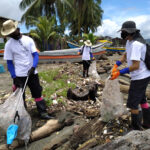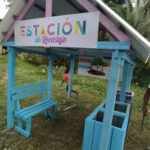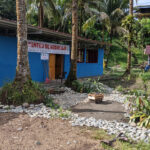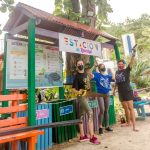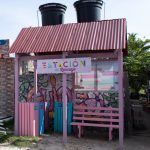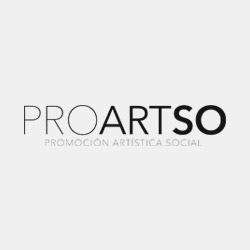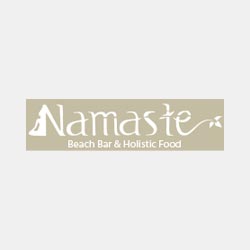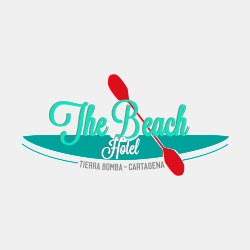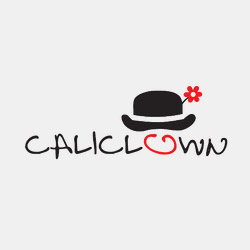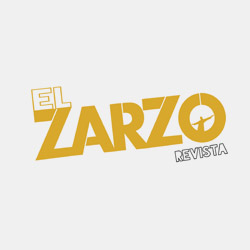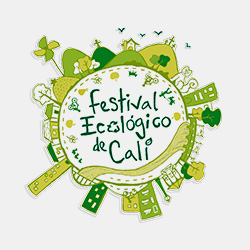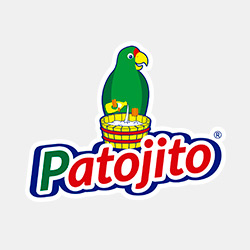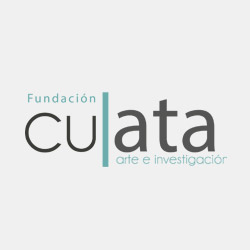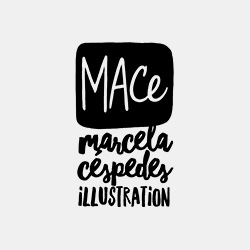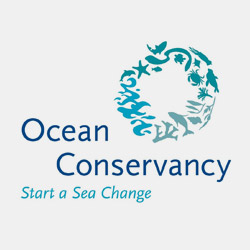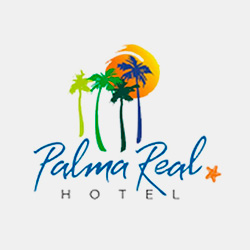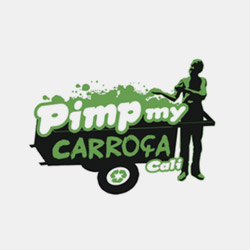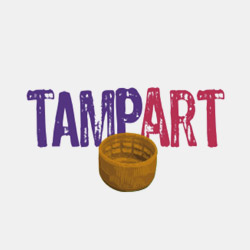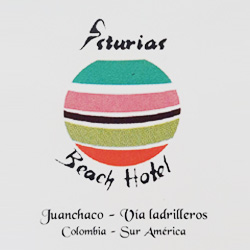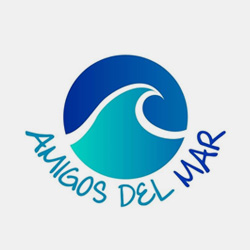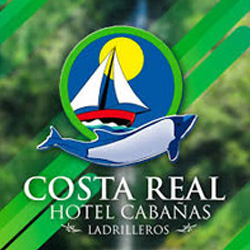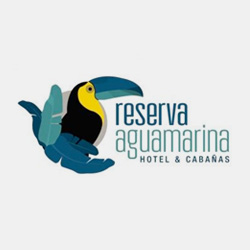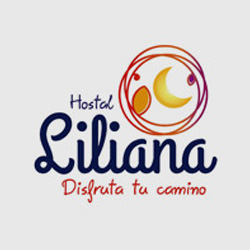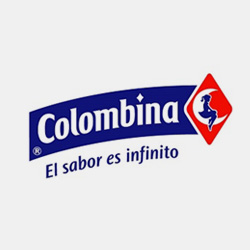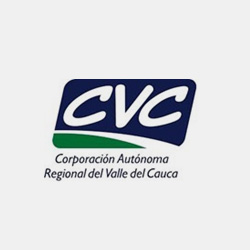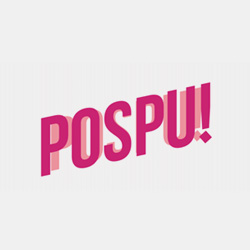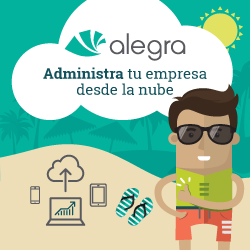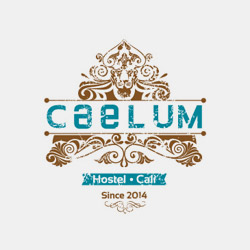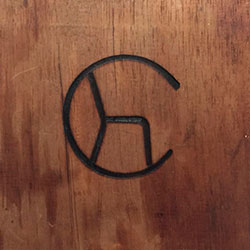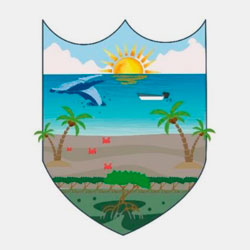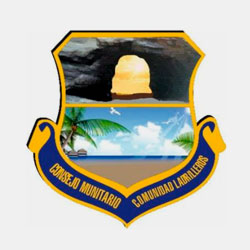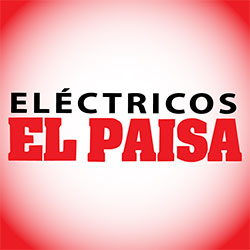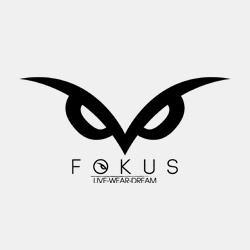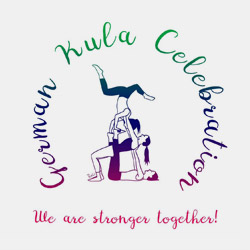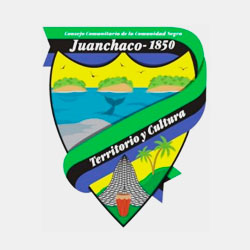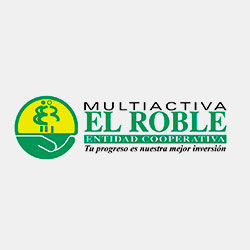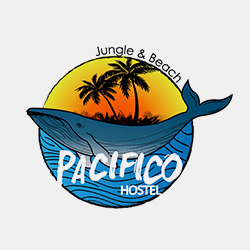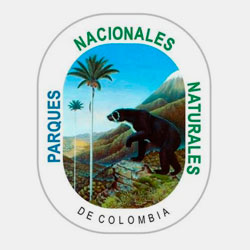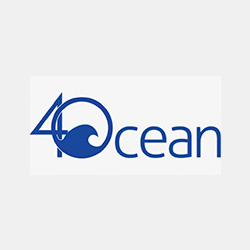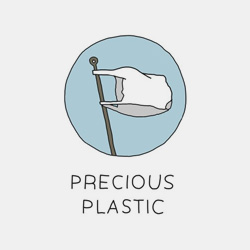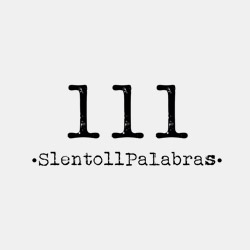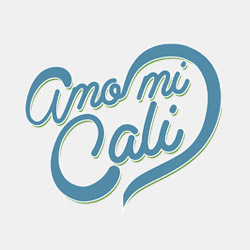Blog
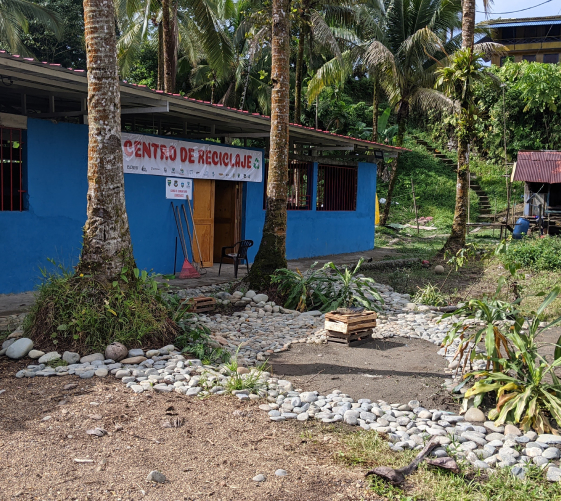
Recycling Center
Most coastal communities of Colombia do not count with recycling facilities, or any type of recycling habits nor waste management systems.
Ecopazifico first started as a permaculture and art program, where we thought in our perfect world that we would be just turning all this plastic into art and live happily ever after, protecting the whales while making what we love.
As we started the project we realized that the inhabitants of the pacific coast have no other choice than to burn and bury their trash, and even locals, tourists, and cargo boats just throw it all mixed up in plastic bags into the sea, creating a never ending story of plastic pollution invasion in those prestige ecosystems.
That’s when we realized that our project had to design a waste management system for the community, introducing the basics of recycling and creating new and simple environmental habits for the new generations.
We started writing letters, and having meetings, calls, appointments and all types of lobbying with government institutions and realized that many institutions had tried to figure out how to keep those beaches clean, but the challenges are just incredibly huge.
its far, its raining all the time, electricity is really intermittent, and all types of dangers are to be encountered, mosquitoes can kill you, poisonous snakes can bite you, strong ocean currents can drag you, and not to mention the drug and armed forces cartels that love to make their moves around this remote places.
The community is really tired not only from cleaning the beach, but also tired of the promises made and not kept by the government.
So they just gave up, the easy way out is to bury and burn their mixed waste any where they can. including the public beach.
This machines are built with the open source of Precious Plastic organization from Holland.
The organization Burnerswithoutborders, helped us, manifest the shredder machine. We need the rest of the machines in order to start the system.
DONATE A MACHINE:
By Bank tranfer
Bancolombia
825000355
Ahorros
Nit : 900988214 (TIN
Formula for a waste management in most remote coastal communities of Colombia:
We identify three main types of waste:
- Recyclables
- Organic
- Sanitary waste
Recyclable materials should be brought to your nearest recycling station,( there are now 10 of them in Juanchaco and Ladrilleros)
- Plastic
- Glass
- Metals
- STYROFOAM
These materials should be collected by the Beach Rangers or the local navy truck, and brought to the recycling center.
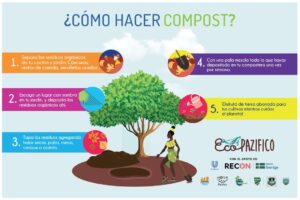
Sanitary waste:
This is the real problem.
This type of waste should be buried in your own backyard and never t in the public beach.
( this is obviously a government issue, but since in these remote places there are no aqueducts, sewage, landfills, nor waste management systems we do consider that the less harmful way to deal with toilet paper is by burying it. The problem is when people use diapers, tampons, pads, and other hygiene products containing plastic … So frutrating…. What would you do?
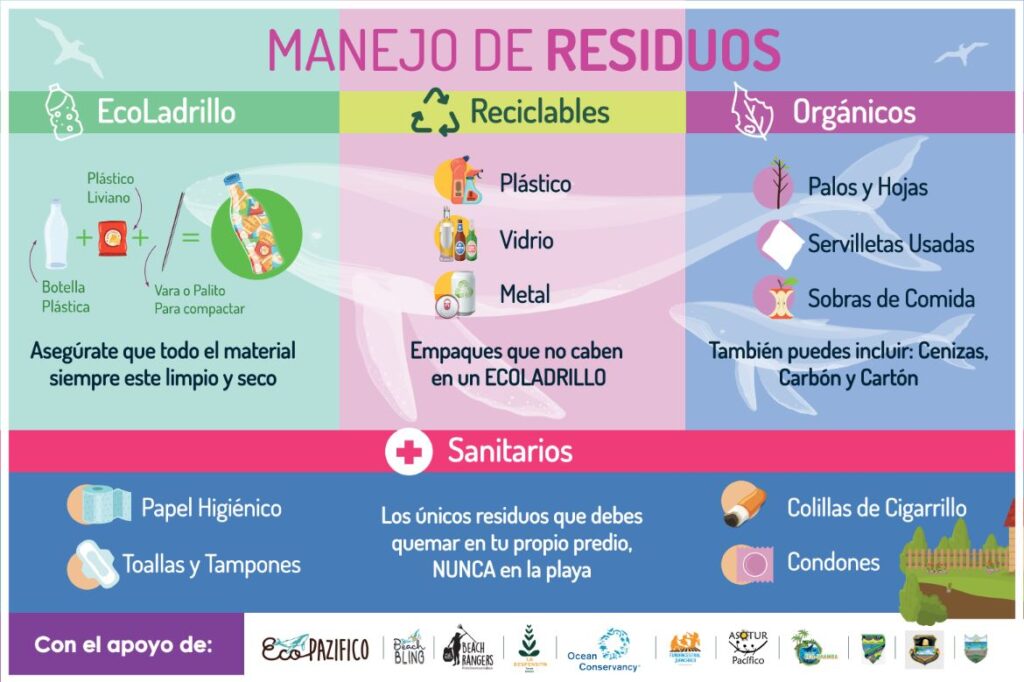
Video sobre el manejo de los residuos en juanchaco esta aqui :
We designed an Environmental Education program and have been campaigning since 2014 so that both inhabitants and tourists behave according to the fragile ecosystem that surrounds us.
3 steps for tourist:
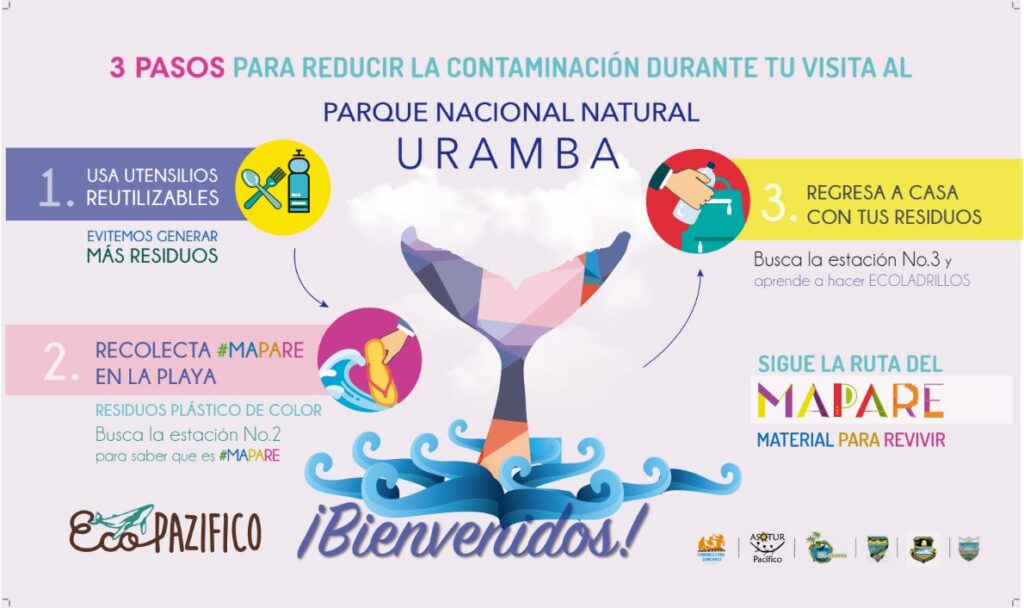
1.Bring your own reusable utensils when you come visit, so that you avoid single use plastics
2.Help out cleaning the beach
3.go back to your hometown with your own trash and the one you collected on the beach.
3 steps for community:
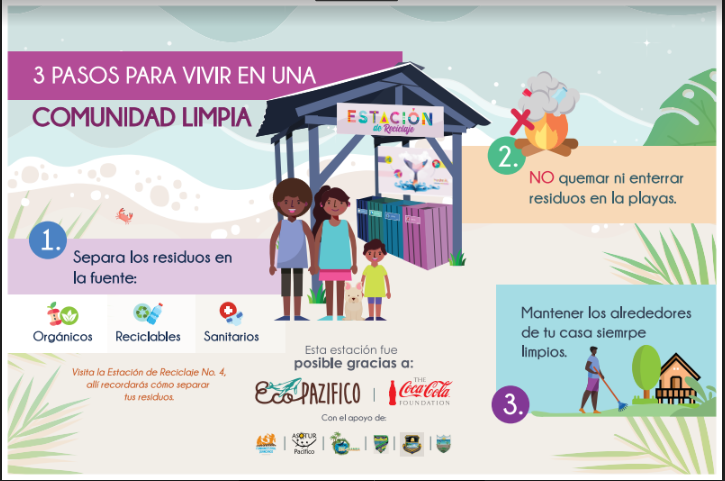
1. Separate waste at home
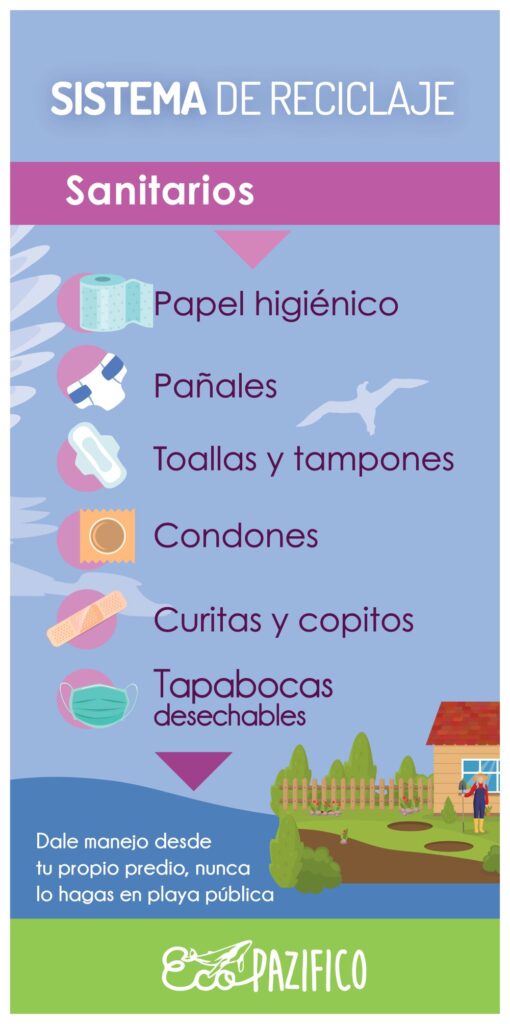
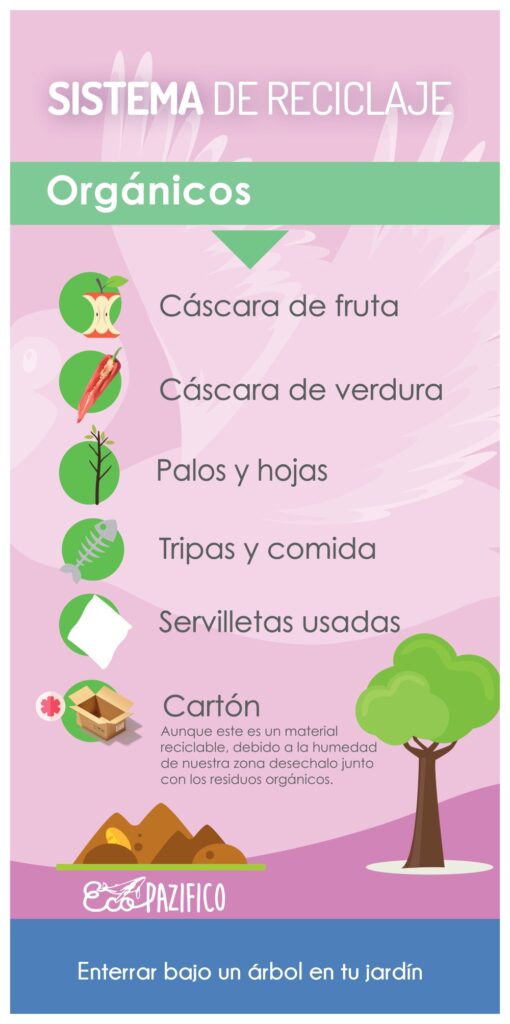
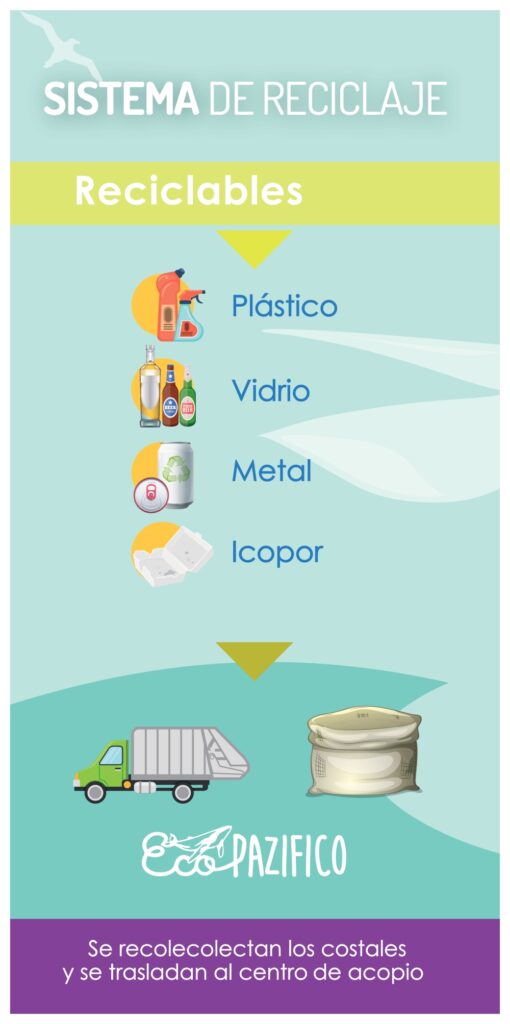
2. Do not litter, burn or bury any type of waste on the public beach
3. Deal with sanitary waste in your own property.
I Know this last one seems surreal, but sanitary waste is the biggest real problem.
Toilets in Colombia are not as sophisticated as in Europe or first world countries.
You always need to deposit your toilet paper into a separate bin, otherwise toilets get clogged.
If you would only not use plastic tampons, pads, diapers, q-tips, band-aids, etc… you could just compost it. So we are trying to convince women and the population to turn into menstrual cups, reusable fabric pads or diapers, and even talking about more advanced subjects like the free bleeding movement and the elimination-communication non-diaper practices for parents.
If your company makes eco-friendly sanitary products and you feel like contributing to these remote coastal communities in order to protect the ecosystems, do get in touch with us
Join our movement
Subscribe to our NEWSLETTER and keep up to date on all our activities, as well as all the exciting things that happen in our community.

